|
sketchbook
|
|
sketchbook
|
docu:

code:
PCB:

... https://github.com/drtrigon/eagle
code:
(produced at JLCPCB - 2 pieces on stock)
code:
PCB:
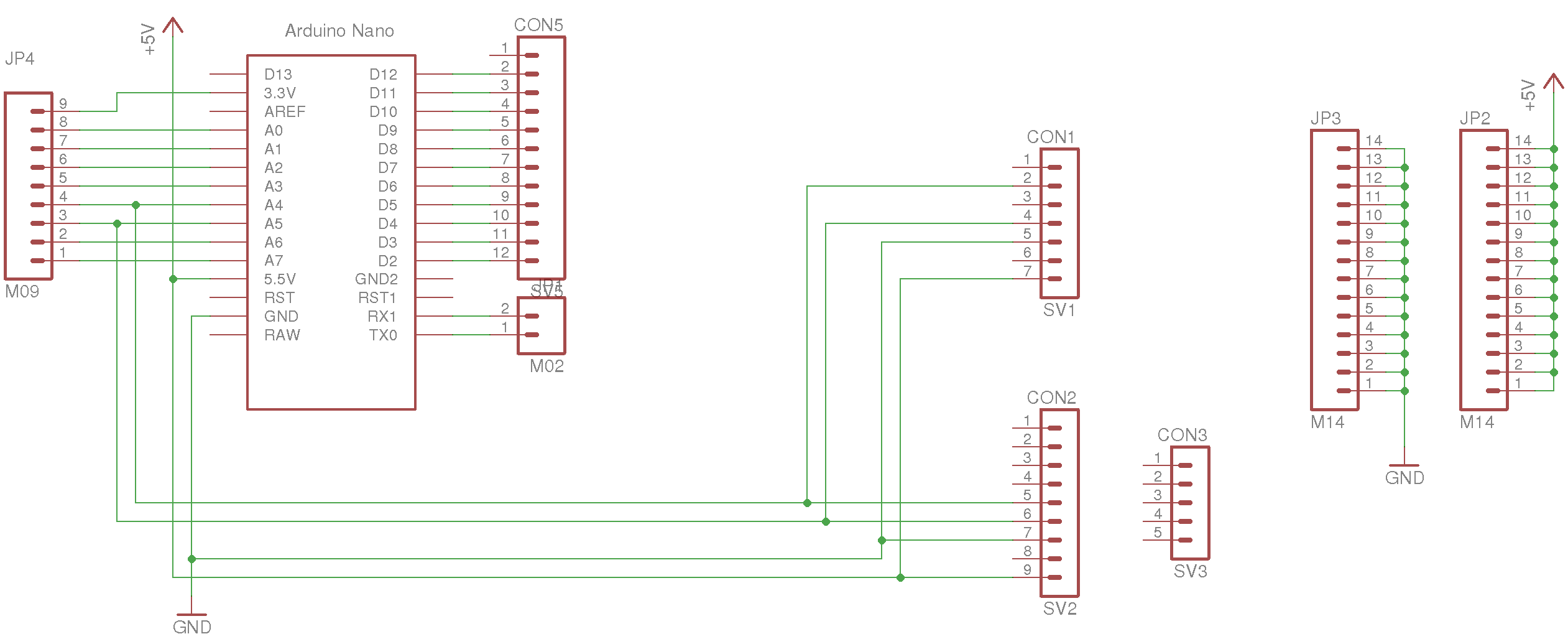

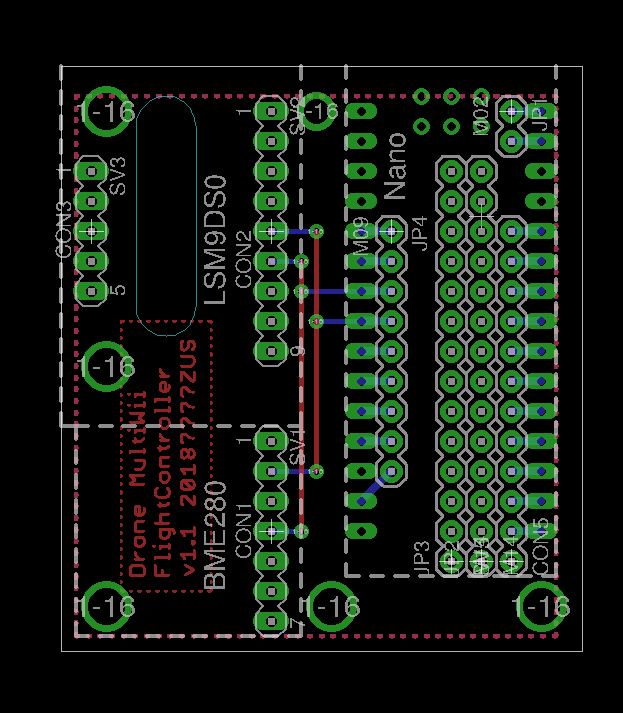
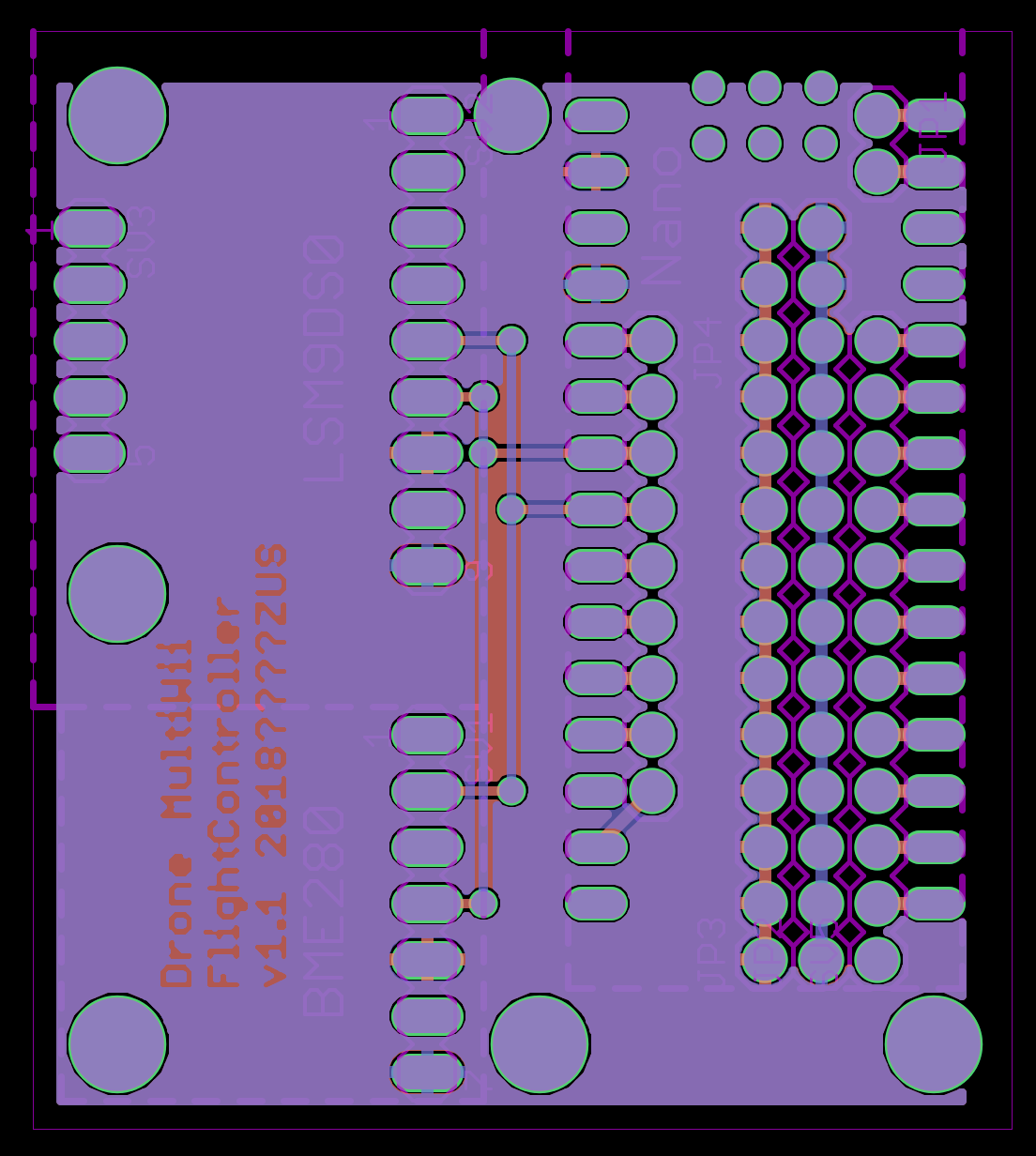
https://github.com/drtrigon/eagle/tree/result/pcb/projects/Drone_MultiWii logs:
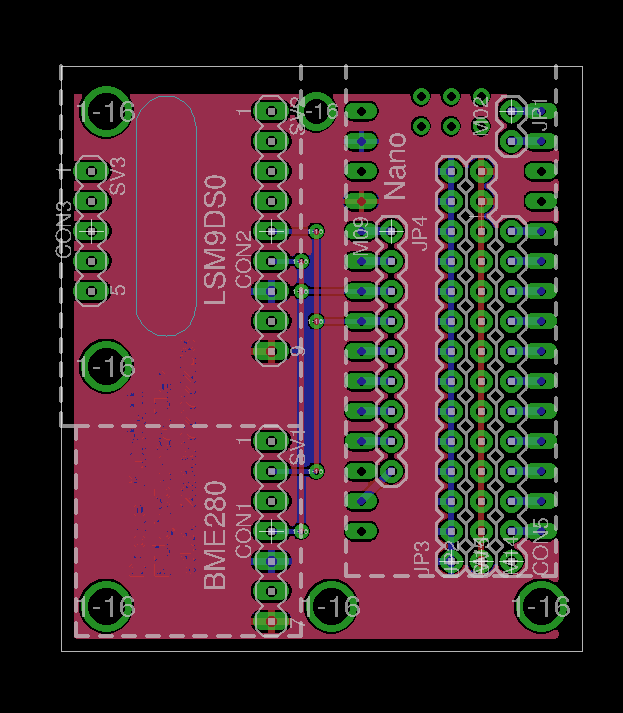
CAD:
[comment]: # (
|
|
production:
further info:
todo 1.0 -> 1.1
main changes 1.0 -> 1.1
code:
...
...
...
Has the potential to replace commercial 1-wire bus (by its SoftwareBitBang strategy).
https://github.com/drtrigon/sketchbook/blob/master/OWPJON/README.md
Current bus topography for 2 isolated SoftwareBitBang bus parts (A & C): ``` ----— LUDP ----— SWBB(A) ----— TL ----— SWBB(C) |ID 46| ========= |Sw A | ------— |Sw B | ......... |Sw C | ---------------— ----— I ----— I ----— I ----— I I I I I I I
|ID 45| |ID 44| |ID 43| |ID 42| |ID 41| ... ID 40
=== multiple wires (e.g. ethernet) — single wire ... "free space" (air, walls, etc.)
Bus topography for local (desktop) developpment and device testing: ``` ----— TS ----— SWBB(Z) |ID 45| ========= |Sw Z | ------— ----— ----— I
Sniffer for general LoRa transmissions - very helpful to diagnose OWPJON TL issues.
See also sniffer-txt.py (or sniffer-gui.py) for general network sniffer - very helpful to diagnose OWPJON LUDP issues.
(OWPJON SWBB sniffer is currently missing - device that reacts to any id - may be use PJON_NOT_ASSIGNED, PJON_BROADCAST, or else)
...
Send GPS and Sensor Data from Arduino via LoRa as valid LoRaWAN packet to TTN (TheThingsNetwork).
This allows to setup sensors wherever a TTN LoRa(WAN) Gateway is available: https://www.thethingsnetwork.org/community/.
The data (payload) sent can be stored for 7 days and during this time accessed by RESTful API, see the python script supplied.
...
...
code:
https://github.com/sanni/cartreader/issues/16
For PS1 (and PS2?) see the Windows VirtualBox VM and look there for MemcardRex and MemCARDuino - look at the schematic also. They do work out of the box, for more info see:
code:
instructable: https://www.instructables.com/id/Arduino-1-wire-Display-144-Chars/
code:
PCB:
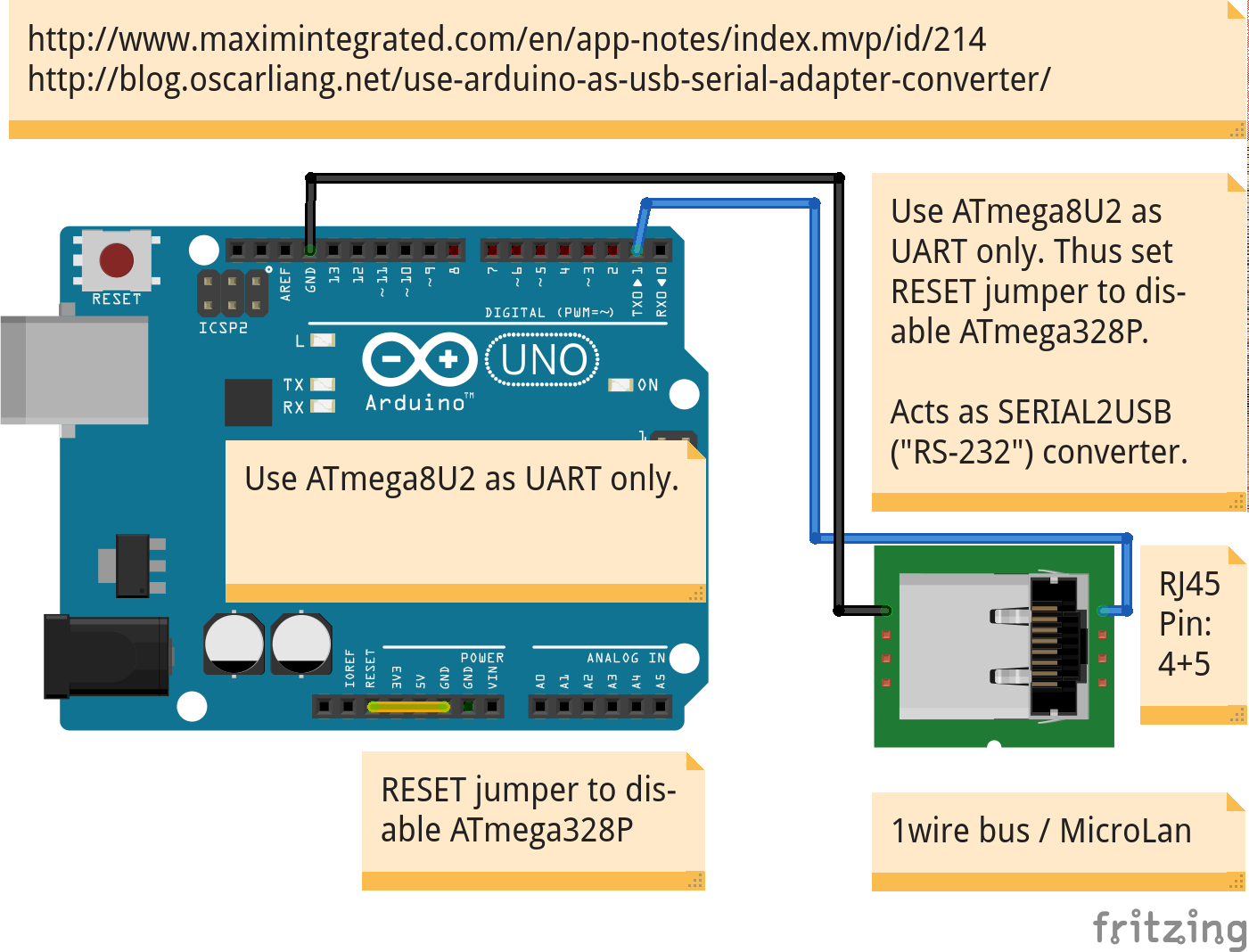
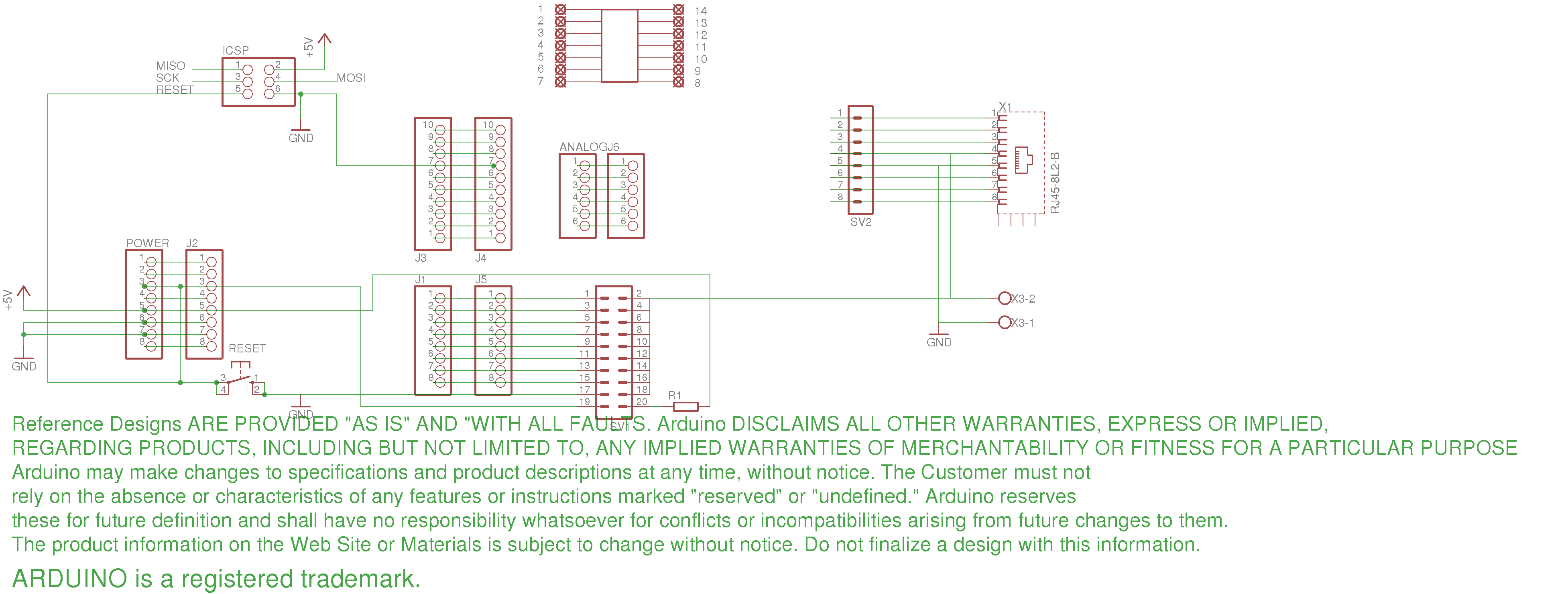

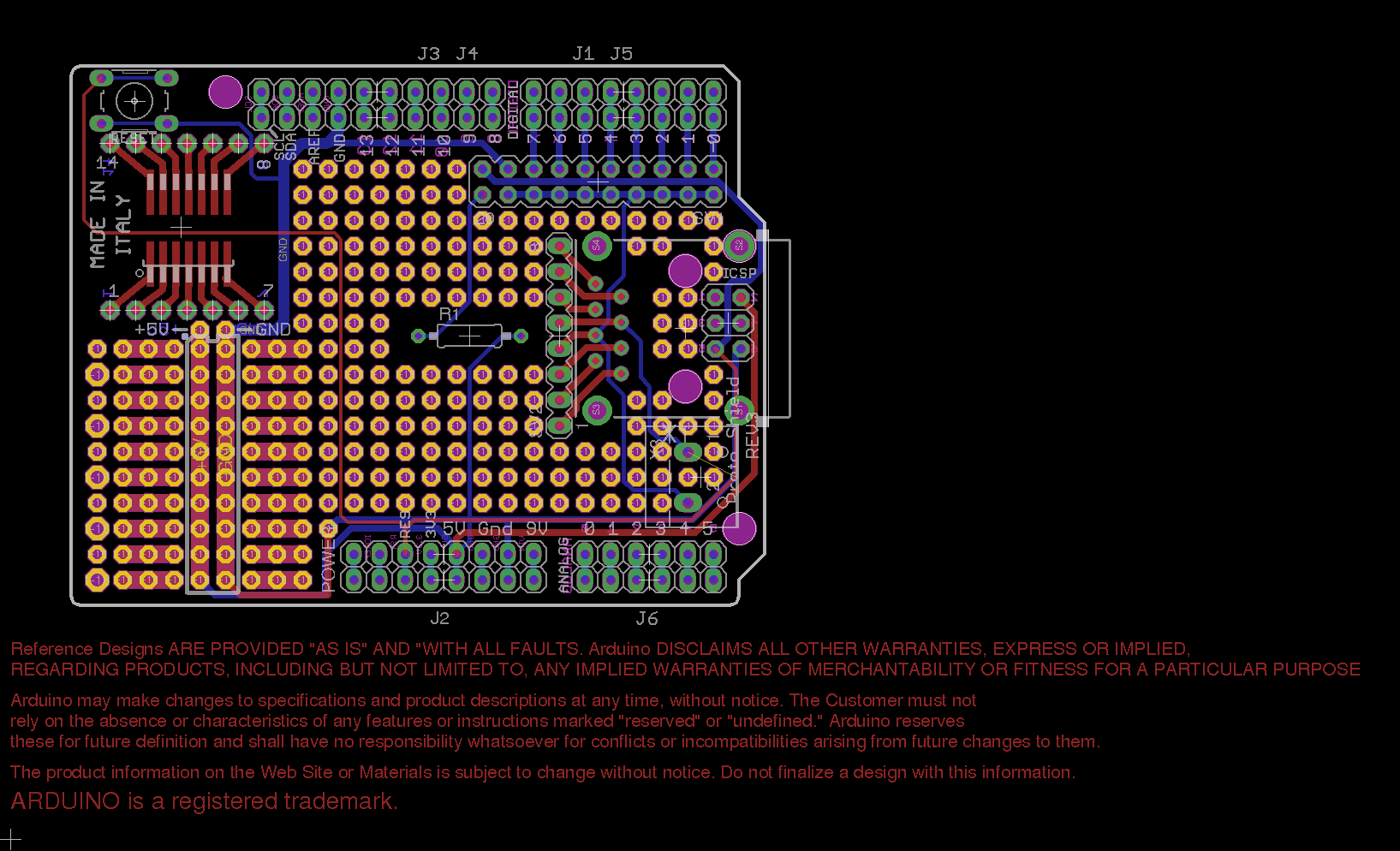
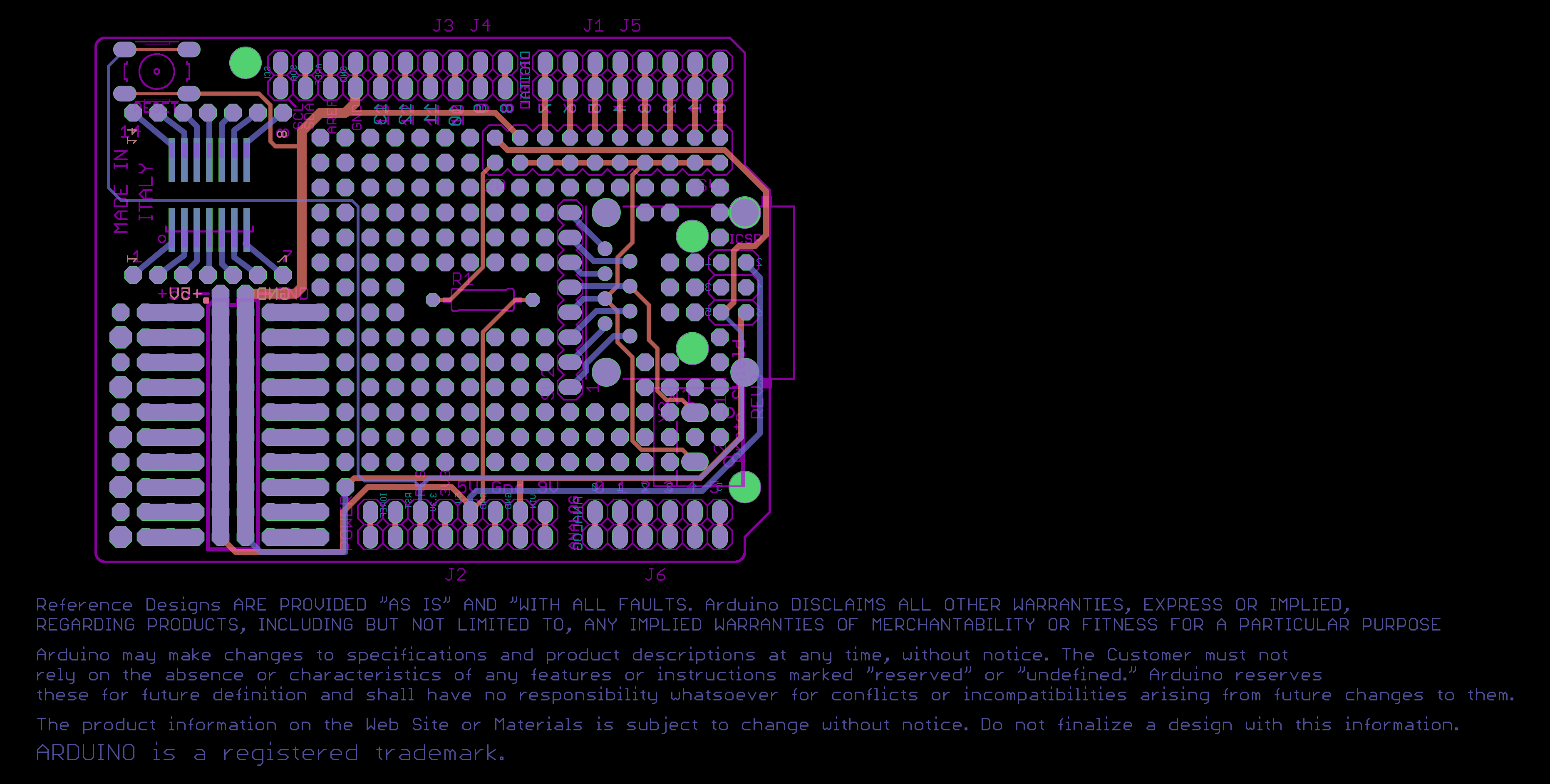
https://github.com/drtrigon/eagle/tree/result/pcb/projects/arduino-papilio_1-WireSniffer_Rev1 logs:
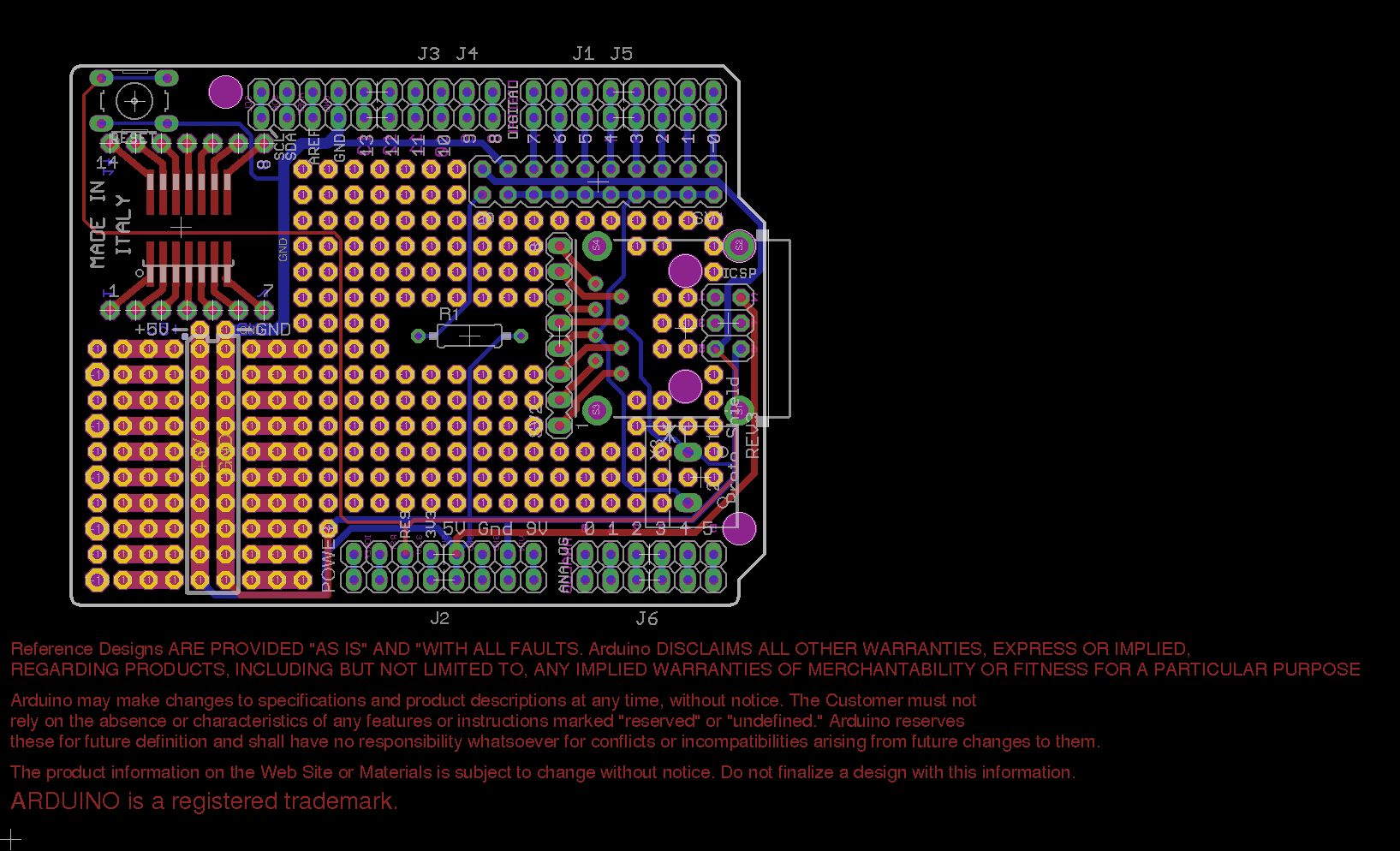
instructable: https://www.instructables.com/id/Arduino-1-wire-sniffer/
(produced at JLCPCB; 2mm Thickness, "Gold Fingers, 45deg" - check stock)
based on:
code:
PCB:


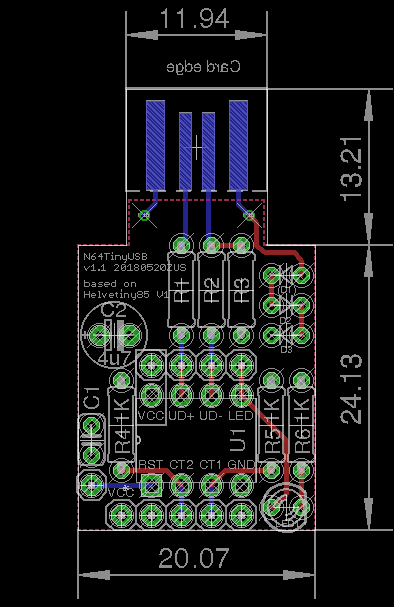
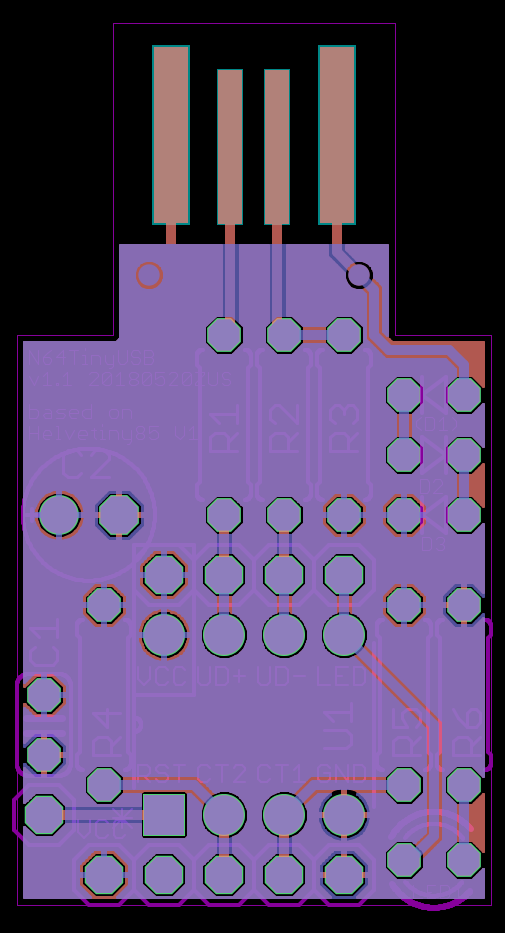
https://github.com/drtrigon/eagle/tree/result/pcb/projects/N64TinyUSB logs:
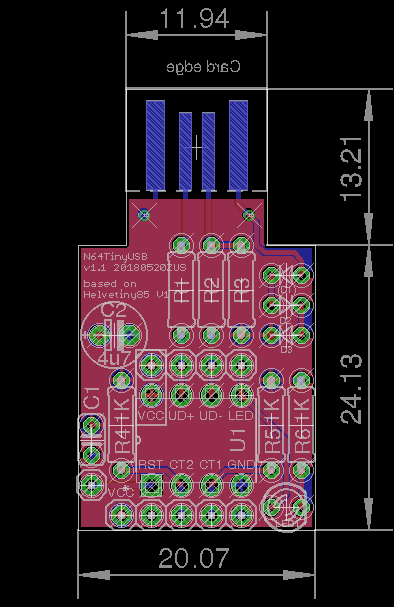
CAD:
production:
code:
(might make sense to split projects off into separate repos/submodules)
I would like to use features like CI (continous integration) keep a copy/mirror on e.g. github and more.
Maintaining a copy/mirror (more precise: with 2 remotes overloaded origin) on GitHub also allows to use GitLab and GitHub together and by that all the nice featurs on GitHub. See also; https://steveperkins.com/migrating-projects-from-github-to-gitlab/
"Option 2: Overload Origin with Both Remotes (needs one single pull/push only)"; in order to clone and set this repo up use:
$ git clone file://///data/mount/gvfs/smb-share:server=.../01git/sketchbook.git $ cd sketchbook $ git remote set-url --add origin https://github.com/drtrigon/sketchbook.git
you can check the settings with:
$ git remote -v origin /data/mount/gvfs/smb-share:server=.../01git/sketchbook.git/ (fetch) origin /data/mount/gvfs/smb-share:server=.../01git/sketchbook.git/ (push) origin https://github.com/drtrigon/sketchbook.git (push)
https://learn.adafruit.com/continuous-integration-arduino-and-you/testing-your-project
Login to Travis-CI using the GitHub account and enable Travis-CI for the given repo.
Add a .travis.yml file to your project, commit, pull/push and enjoy.
A word of caution; the travis run will at the end - if successfull - try to push the results back to this repo.
May be split off some sub-directories like MultiWii (for simpler testing), see also: https://help.github.com/articles/splitting-a-subfolder-out-into-a-new-repository/.
Consider creating a docker for testing and may be upload of the skechtes, using: https://github.com/drtrigon/docker-arduino (see also: https://github.com/tombenke/darduino and https://github.com/suculent/arduino-docker-build)
See https://github.com/drtrigon/eagle
See https://www.tinkercad.com/
Do not use upverter or else as it does not allow to export. EasyEDA supports at least netlist export. Locally use KiCAD or eagle.
( code coverage for arduino: https://gronlier.fr/blog/2015/01/adding-code-coverage-to-your-c-project/ )
The content of this project itself is licensed under the Creative Commons Attribution 3.0 license, and the underlying source code used to format and display that content is licensed under the MIT license, see the LICENSE file for license rights and limitations (MIT).
 1.8.6
1.8.6